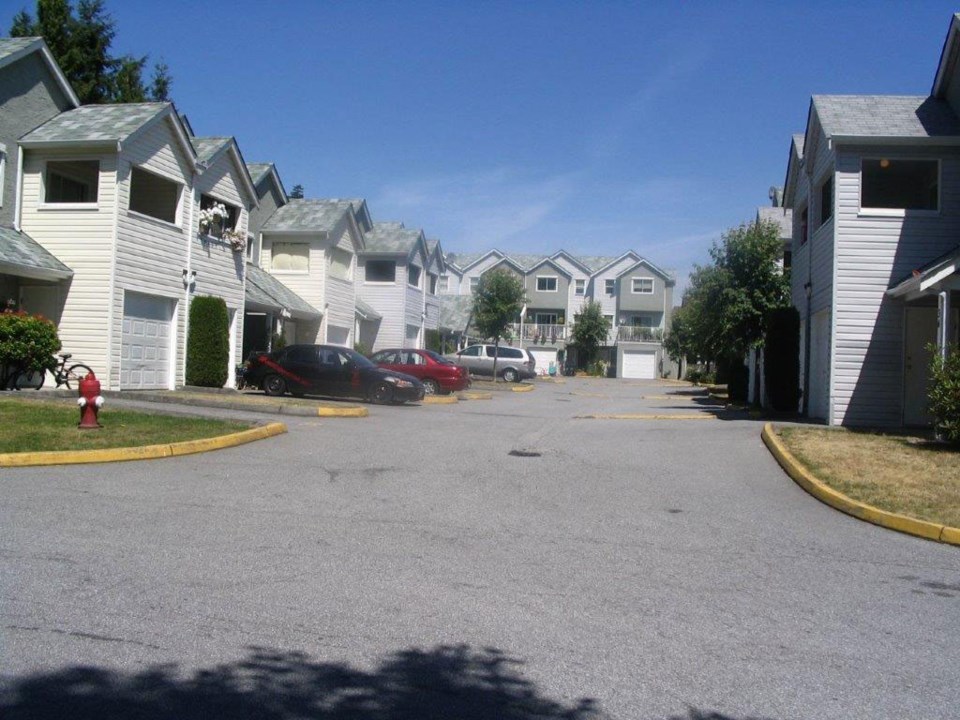A new Indigenous group is seeking control of $300 million in federal government funds meant to deliver housing to remote and rural Aboriginals across Canada.
The fund, announced in the 2022 Federal Budget, is allocated towards urban, remote, and northern Indigenous communities. It is to be administered by Indigenous Services Canada, with support from Canada Mortgage and Housing Corp.
The new National Urban, Rural, Northern Indigenous Housing Coalition (NURNIHC) is formed to provide ‘for Indigenous, by Indigenous’ housing solutions, according to a statement from the Aboriginal Housing Management Association (AHMA).
The Coalition has demanded an immediate re-orientation of the federal government plans for its Indigenous Housing strategy and the release of the millions of dollars in funds to the NURNIHC and the AHMA.
“The Aboriginal Housing Management Association already has an expert strategy that was created to provide safe, affordable, culturally supportive housing for Indigenous people living in urban environments. Adaptable in any province or territory, it’s based on the understanding that only Indigenous people can make decisions for themselves. No one else has the right to do so,” said AHMA CEO, Margaret Pfoh, one of the coalition signatories.
“In B.C, 80 per cent of Indigenous people live off reserve and away from the supports of their Nation," Pfoh added.
According to the Budget statement, the $300 million is to spent over five years, starting in 2023, through government agencies to support the building and renovations of homes for Indigenous persons in northern urban and remote and rural areas.
The fund represents a fraction of the $4.3 billion in federal money targeted at Indigenous housing in the past year. This includes:
• $2.4 billion over five years to support First Nations housing on reserves;
• $565 million over five years to support housing in Self-Governing and Modern Treaty Holder First Nations communities;
• $845 million over seven years to support housing in Inuit communities; and
• $190 million over seven years for housing in Métis communities.



